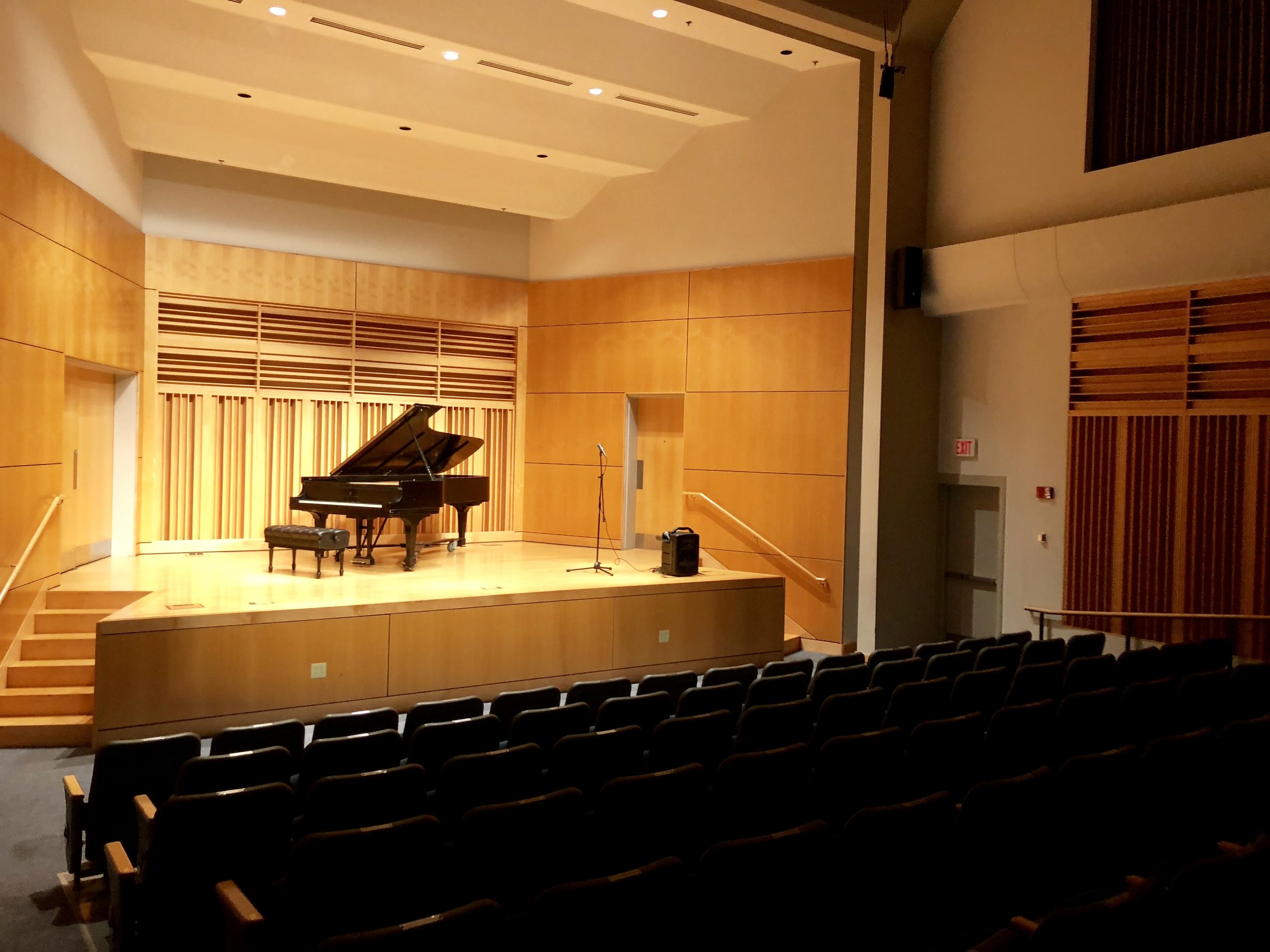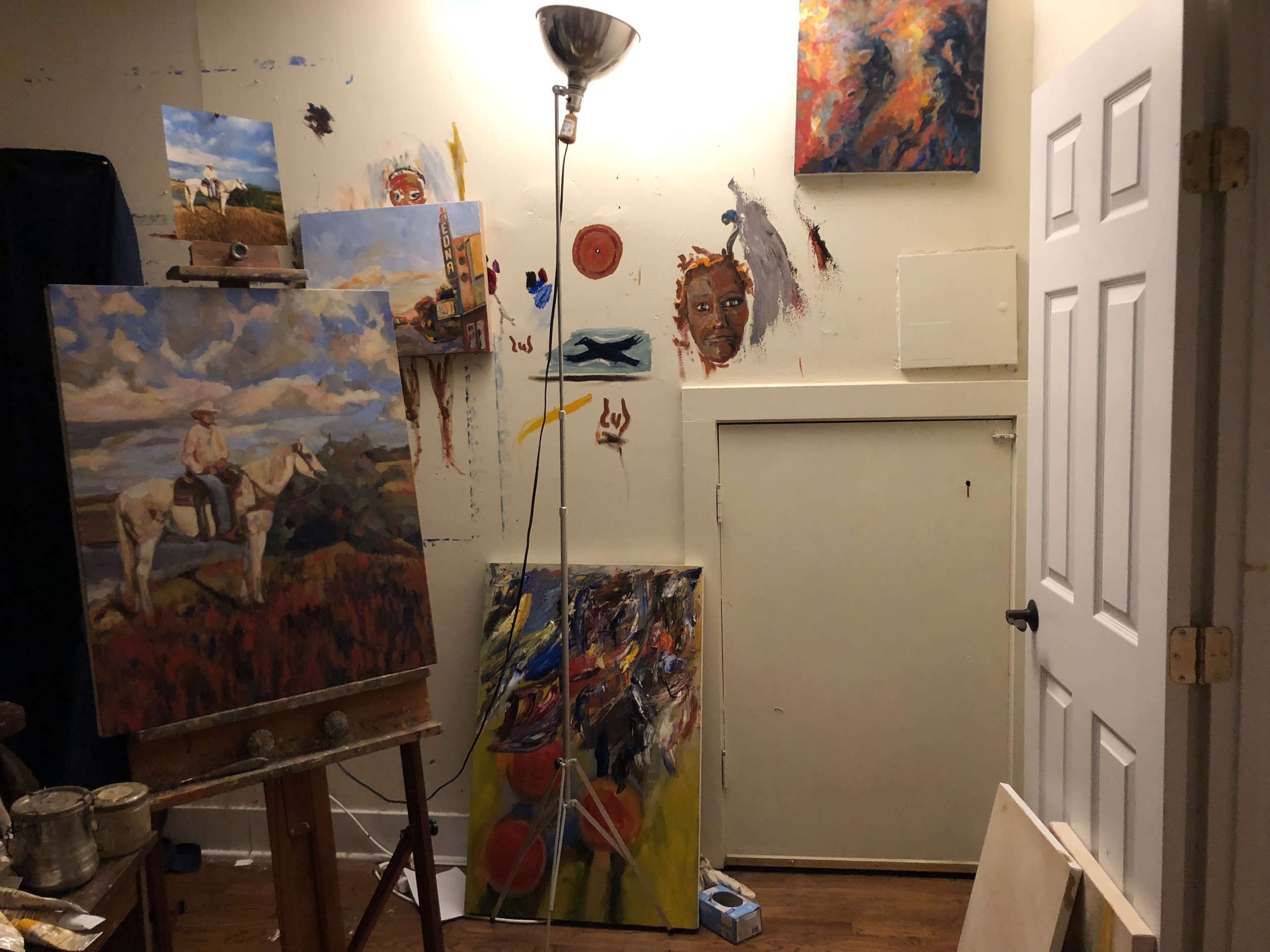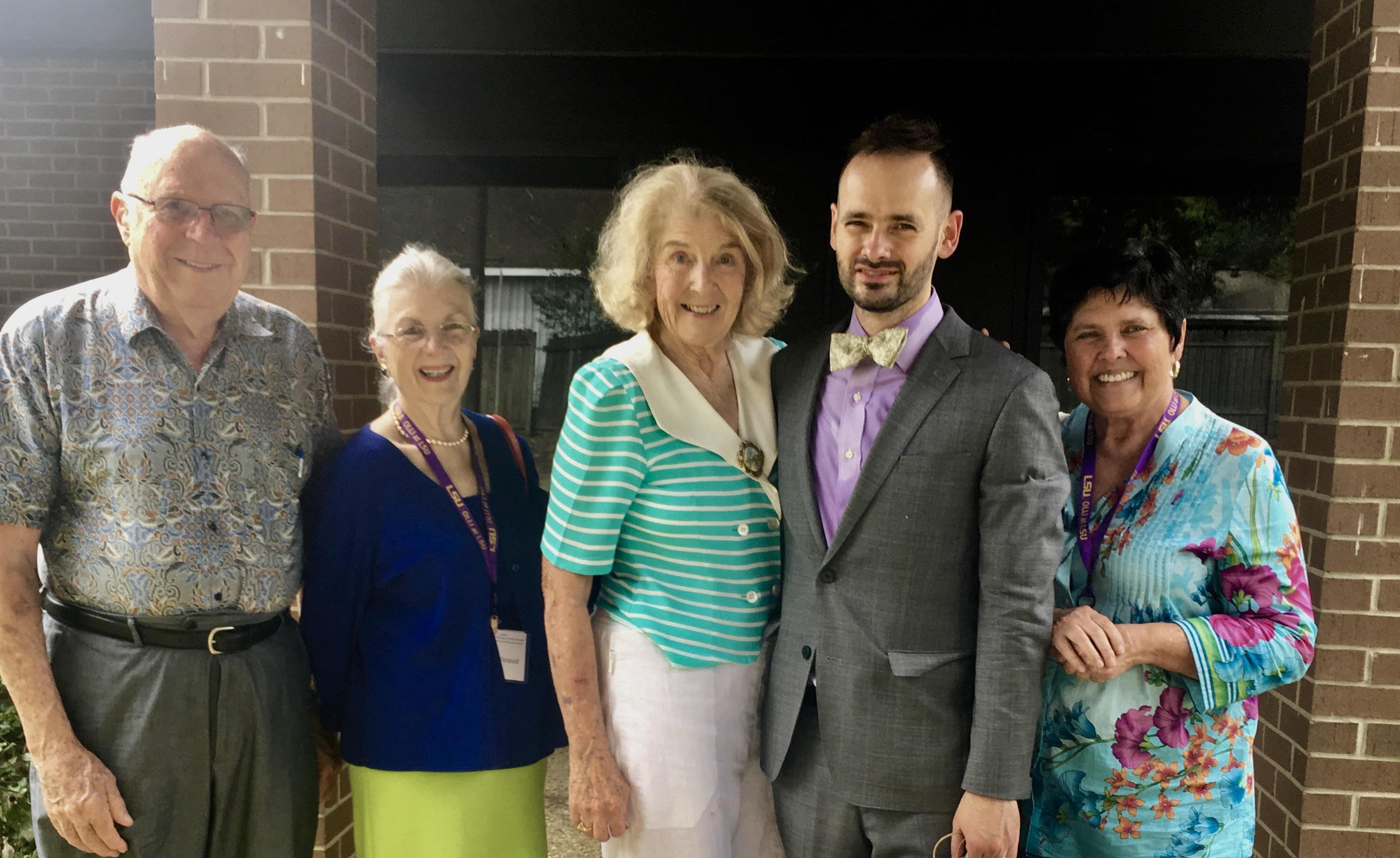This is a live, not note perfect performance of Louis-Moreau Gottschalk's ballade, La Savane.
Gottschalk was a unique figure in Classical music history, because he was an America, born in New Orleans, who conquered the capitals of Europe with his virtuoso pianism. Chopin apparently told him he would be the 'king of pianists.' Sadly he died young, just a little older than Chopin, at the age of 40 from a quinine overdose, trying to treat the yellow fever. Quinine should always be enjoyed responsibly.
Not only was he exotic in that he was American, but his Creole heritage added another level of flavor. He inflected his music with Creole and Puerto Rican sources, and was surely the only person in Classical music doing that in the mid-19th century.
While his music has all the hallmarks of the Romanticism and cinematic piano writing of the time, he was never able to develop his art to the degree of Chopin or Liszt, and for me, some of his music that must have been charming at the time now sounds pretty dated.
This piece, La Savane, is subtitled Creole Ballade, and is apparently based on a Creole song, "Pov'piti Lolotte." It's really a set of variations on that tune. Most people hear 'Skip to my lou' but the minor key gives it the haunting atmosphere. The ballade itself is a story of runaway slaves, trying to escape through the swamp; they die and are transformed into menacing oak trees. Hence the ghostly quality of the variations.
I programmed this piece for 'The Cosmopolitan Pianist' specifically for concerts in Louisiana, but it was just too popular, and so am still playing it on the road. It's a bit of a novelty item; there's very few recordings, and of well-known pianists I've only heard Eugene List and Lambert Orkis play it.















